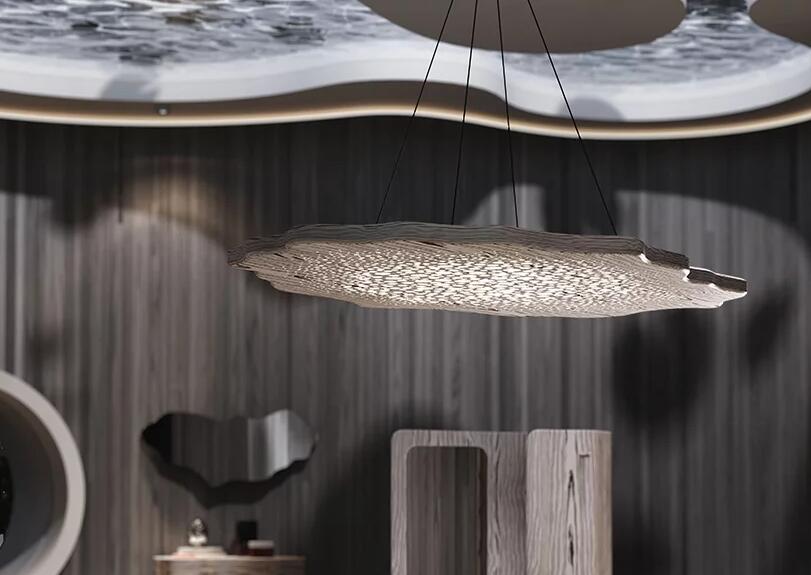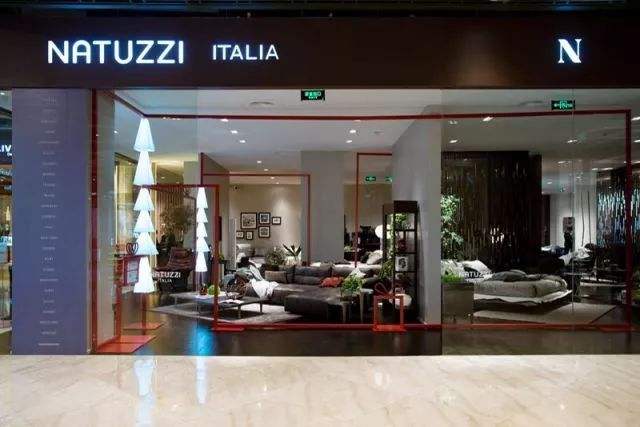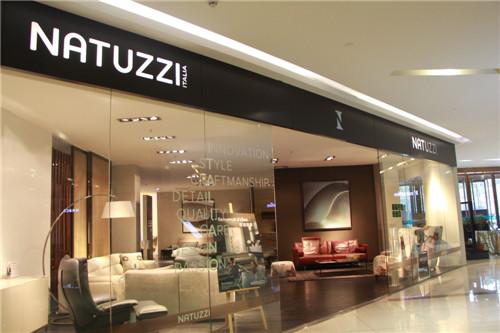Natuzzi urges action on worker exploitation in Italy
On Dec. 1, seven Chinese workers died in a fire at the Teresa Moda apparel outlet and factory in Prato, Italy, and the ensuing outrage over conditions at the wholesale distributor’s factory has shined the spotlight on one of manufacturing’s dirty secrets in Italy — the employ of illegal immigrants as inexpensive labor.

On Dec. 1, seven Chinese workers died in a fire at the Teresa Moda apparel outlet and factory in Prato, Italy, and the ensuing outrage over conditions at the wholesale distributor’s factory has shined the spotlight on one of manufacturing’s dirty secrets in Italy — the employ of illegal immigrants as inexpensive labor.
According to several reports, including one in the New York Times, the workers were unable to escape from a building, which had bar-blocked windows and no emergency exits. Officials believe the fire started from a camp stove used for cooking by the workers in the factory, who lived in the same building.
Indignant over the loss of life, as well as the business climate that led to it, Pasquale Natuzzi, president and CEO of Natuzzi Group, an Italian upholstery manufacturer and supplier, sent a letter to Italian President Giorgio Napolitano. In the letter dated Dec. 3, Natuzzi praised Napolitano’s response to the tragedy at Teresa Moda and implored him to remain diligent about efforts to combat “illegal production and workforce exploitation.”
“Even here, in the south of Italy — in what remains of the district of upholstered furniture of Puglia and Basilicata — the phenomenon of undeclared work is sadly present,” wrote Natuzzi. “For a long time, many companies of the sector have completely outsourced their production — by laying off workers, permanently or temporarily — thus getting prices that are by far lower than a standard industrial cost. It might appear a legal business model, but it is really based on illegality. To offer products at so low prices, in fact, the contractors almost always work illegally, both in terms of tax and security.”
In the letter, Natuzzi refers to the tax losses that occur from undeclared workers as well as the damage to the Made in Italy brand message.
According to a Reuters report, Prato has one of the highest concentrations of Chinese immigrants in Italy, with more than 15,000 legally registered in the town, which has a total population of 200,000, and between 15,000 and 25,000 illegal immigrants. More than 4,000 Chinese-owned businesses are in Prato, according to the report.
“This economic model gives rise to an entire production chain that is partially or completely illegal, and hugely damages our country, since it initiates a devastating vicious cycle,” Natuzzi wrote. “Firstly, because it cancels the added value of Made in Italy. Secondly, because it boosts the tax evasion and bypasses the social contribution system. Thirdly, because it unfairly subtracts volumes and market shares to honest companies, leading them to a weaker condition and to lay off their workers.”
In a recent interview with Furniture/Today, Natuzzi said he felt that his letter helped to increase awareness about the issue of illegal workers in Italian factories and to emphasize the commitment of many Italian companies to maintaining the value of the Made in Italy brand.
“The large majority of Italian companies respect rules, invest in innovation and deliver true value to consumers,” Natuzzi said. “Our industry is led by many small and large players, which we deeply respect and who share our same values of integrity and sustainability. Unfortunately, there are still a few companies that are trying to take advantage of a lack of controls. With media support, we will continue to pursue whoever takes shortcuts to lower prices with no respect for laws, human rights and of course, consumers who expect innovation and quality from made-in-Italy brands.”
Natuzzi said the Teresa Moda tragedy underscored the substandard living conditions that many illegal workers endure. He added that while Teresa Moda wasn’t a furniture factory, he believes consumers in every category deserve the opportunity to support businesses that treat their workers favorably.
“An inspection made by local authorities ascertained that labor laws and basic safety rules were not applied at this factory and poor people were treated like slaves, working night and day with locked doors and low wages,” he said. “As soon as I heard the news, I appealed to President Napolitano to increase the effort of defending the workers’ rights and to put an end to this unsustainable and illegal exploitation. It was an opportunity to show our sense of social responsibility and to inform the Italian public authorities that the same phenomenon is sadly happening in our territory.
“In Puglia and Basilicata, there is a parallel sofa district made of exploitation, lawlessness and a lack of respect for the rules guiding fair competition, and it is threatening our economy and binding the wings to the future of Made in Italy, destroying its value and deceiving consumers,” Natuzzi said. “In the global market, this reality also affects American consumers who are willing to buy responsibly and make sustainable purchases.”
The value of the Made in Italy designation encompasses an expectation of quality, innovation and style for the consumer, according to Natuzzi. Additionally, he believes it should support fair labor practices.
“For me, Made in Italy means much more than a simple indication of origin,” he explained. “According to a recent report by Pricewaterhousecoopers, Italy has the widest cultural heritage in the world with over 3,400 museums, 2,100 archeological areas and parks and 43 UNESCO sites. Defending the real Made in Italy means defending the best expression of this immense heritage that belongs to the whole humanity.
“Everyone knows in which stores and under what brand names all these products that are manufactured in such an illegal way are sold,” Natuzzi said. “We demand the state to intervene, redoubling controls and adopting legislative measures to attest the traceability of every business transaction, tracing names and surnames of persons performing in the various stages of production.”
A 2010 investigation in Matera revealed the existence of many Chinese warehouses operating with illegal workers, according to Natuzzi, resulting in a financial penalty of more than 5 million euros charged to a “consortium of companies” for underpaying 763 Chinese workers from 2010 to 2012. Yet despite the fines levied at the companies, Natuzzi said it is going to take a multifaceted response from retailers and consumers to persuade the manufacturers using illegal labor to abandon the practice.
“We have to face a complex problem, requiring articulate responses, both at a national and local level,” he said. “In Italy, Natuzzi is leading the battle against the undeclared economy fueled by unfair competition, defined as a new form of slavery from authoritative persons. We will not stop. It’s necessary to make the retailers of the world aware of the companies they are buying from who have adopted this business model.
“Fifty percent of global consumers surveyed are willing to pay more for goods and services from companies that have implemented programs to give back to society, an increase of five points (45%) from 2011, according to a new study from Neilsen,” Natuzzi said. “The willingness to spend more with socially responsible companies increased 74% in the countries Neilsen measured.”
As Natuzzi Group continues to support awareness efforts about illegal workers, their exploitation in substandard living conditions in many factories and the differences between the manufacturers that do and don’t follow the law, Natuzzi hopes that consumers will begin thinking about every furniture purchase they make.
“Consumers are no longer willing to be deceived,” he said. “We will continue to warn them that behind many products offered at bargain prices — and passed off as made-in-Italy products — there is lawlessness, exploitation and suffering.





 沪公网安备31010402003309号
沪公网安备31010402003309号



